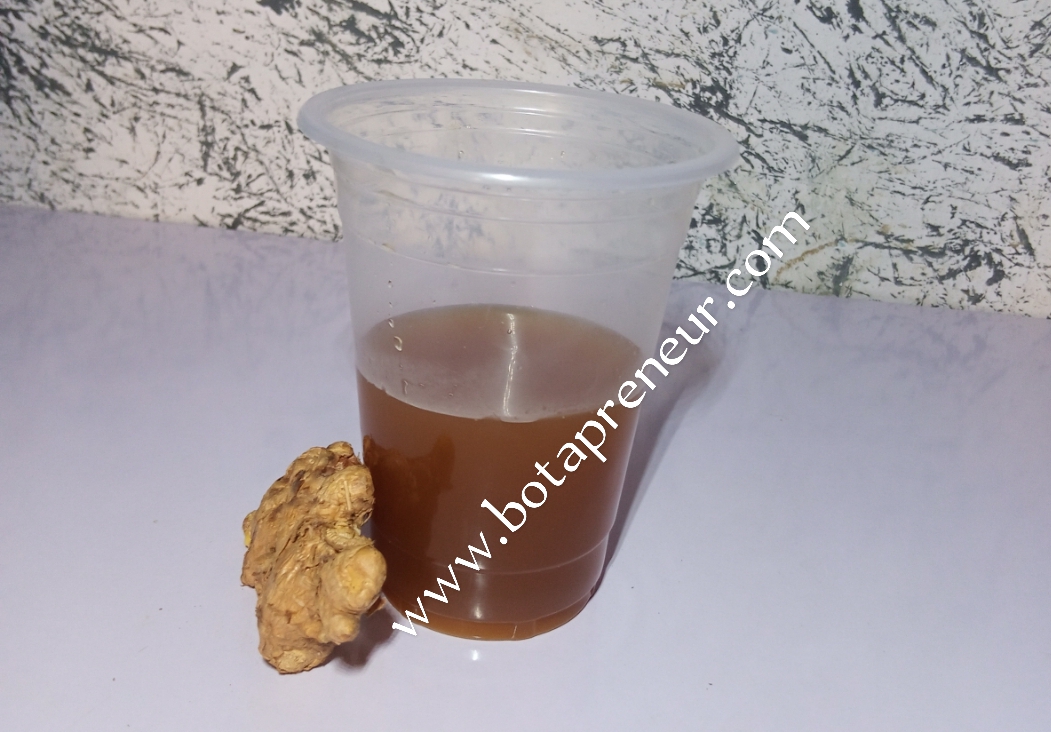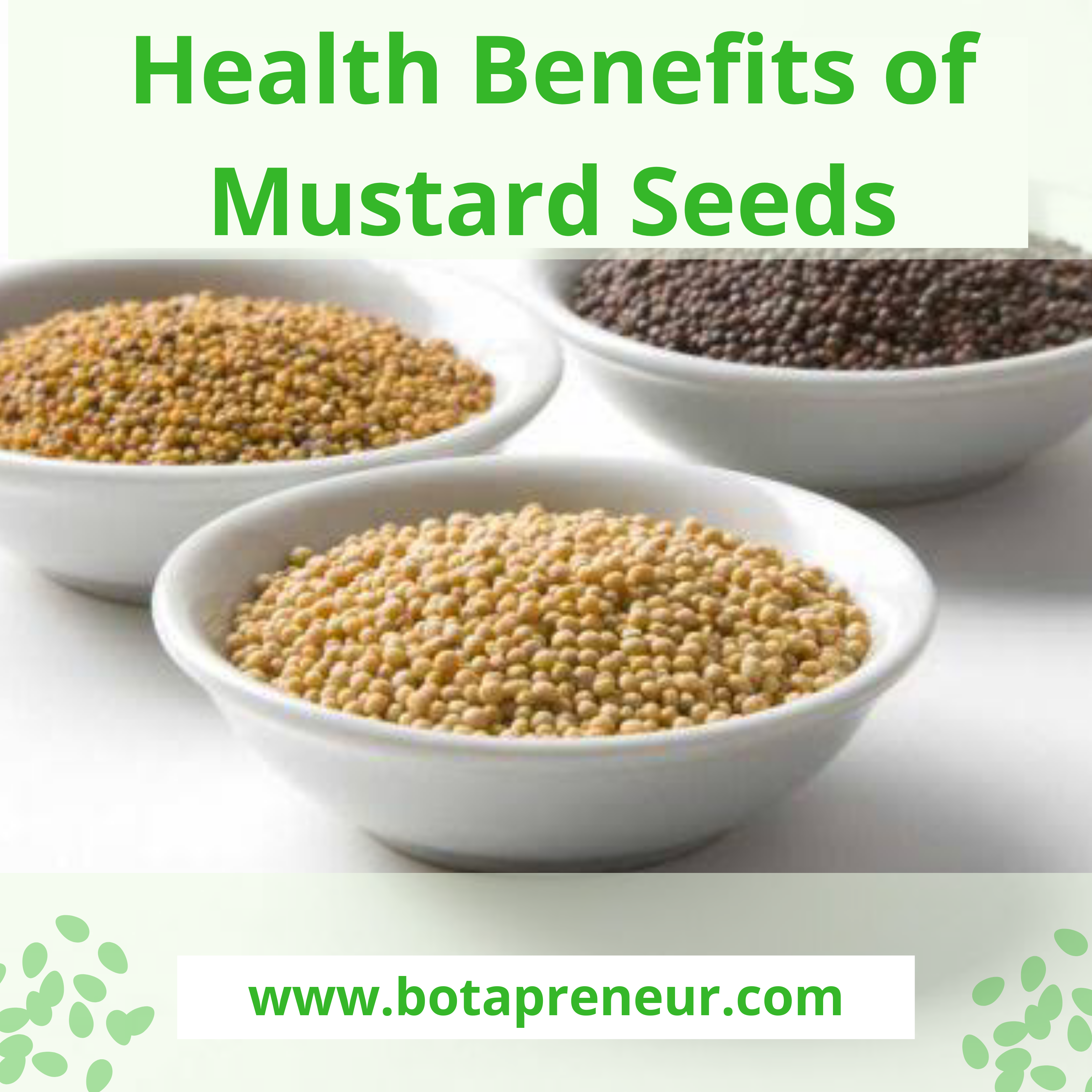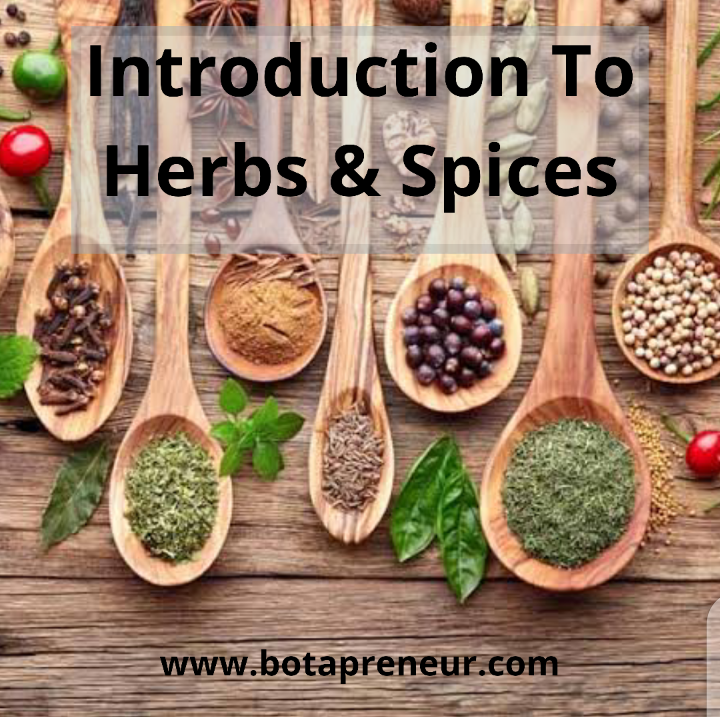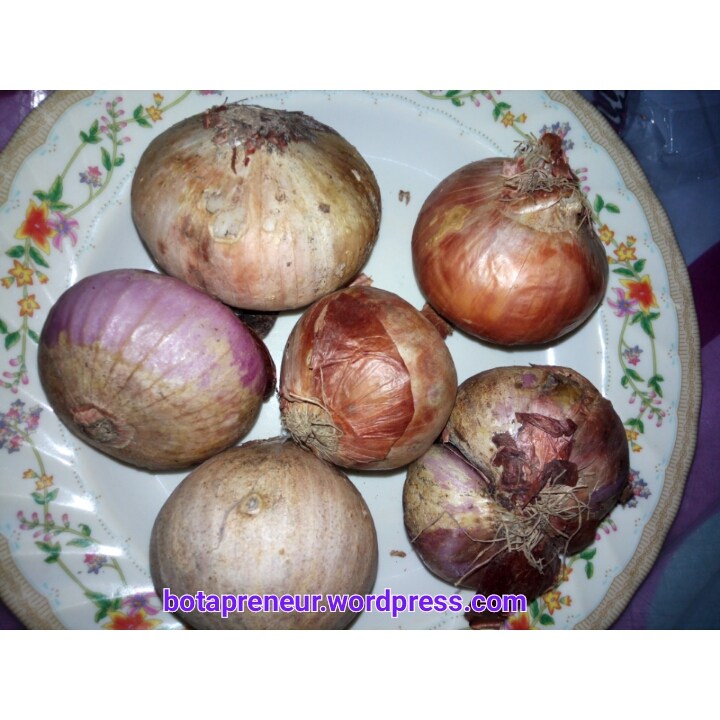Health Benefits of Ginger and Ginger Tea
Ginger happens to be one of the top and readily accessible spices you will find in every home and restaurant. Personally, if I have not added ginger powder to my food or blend the root with my food, it would literally be as if something is wrong with the food 😂. There is a special feeling I have from just adding ginger to my food. Most times, I use it hand-in-hand with turmeric. Ginger belongs to the Zingiberaceae family and it’s closely related to turmeric, cardamom, and galangal. It is botanical called Zingiber officinale. Asides the taste and flavour ginger adds to foods, it has long been used in history for traditional and alternative medicine. The main bioactive compound in ginger that enhances its medicinal properties is GINGEROL. Ginger can be used in fresh, dried or powdered form. It can also be processes to extract oil from it. The most thing I love to do with ginger is taking it in form of tea and the tea is easy to make as well. You can either make your own ginger tea at home or buy already packaged ones. To prepare ginger tea by yourself, all you need to do is either grate or slice fresh ginger into a boiling water. Allow to infuse for few seconds and pour the ginger tea into your cup. You can then add honey to taste. And viola, your ginger tea is ready. Also, you can decide to dry your ginger, grind into powder and packaged in tea bags by yourself. This is the picture of the ginger tea I prepared few days ago. The product I bought was Kelita. I also have ginger roots and prepare the time by myself most of the times. However, if you don’t want to go through the stress of preparing or packaging the tea by yourself, you can buy already packaged ones. Note: You need to check the ingredients to be sure the products you are buying have not been mixed with refined sugar. Especially if you are taking the tea in order to lose weight or you diabetic. You can buy the ones that have been flavoured with honey instead. Some also add lemon to their products. Click here to read why refined sugar is not so good for you. So, you can just buy the packaged ginger tea in any supermarket or online. You can check Amazon, Jumia or any other online store. All you need to do when you are ready to drink is steep a tea bag into a cup of warm water. Ginger tea can be consumed at any time of day. Personally, I love to take it after meal as it aids digestion. At this point, let me intimate you with some of the amazing health benefits of ginger and ginger tea. Note: Since ginger tea is made from ginger, they automatically have the same health benefits. 1) Ginger Tea aids digestion. This is the number one reason why I love taking ginger tea. It prevents bloating and constipation. This is one of the reasons why If you are trying to lose weight, ginger tea should be your favourite drink and not carbonated drink. 2) Ginger tea helps to relieve pain, including menstrual pain. My fellow female, before you grab that pain relief drug, try taking a cup of warm ginger tea instead. Also, you can soak a towel in warm ginger tea and apply it to your lower abdomen. This process is called compresses. 3) Ginger tea contains nutrients like vitamin B3 and B6, iron, potassium, vitamin C, magnesium, phosphorus, zinc and is low in calories. 4) Ginger tea helps to control sugar levels in people with type 2 diabetes. 5) Ginger contains anti-inflammatory properties. So, taking ginger tea can help treat inflammations. 6) Ginger tea can be used to treat nausea and also prevents cold. However, it is needful to note that as much as ginger tea is healthy, it should not be taken excessively daily. Ensure you always dilute the tea with enough water if you find it too strong. Some people may experience side effects from drinking ginger tea such as heartburn if taken in large concentrated form. Also, it is advisable for pregnant women to stay clear from taking ginger tea. Even though research says ginger tea helps with nausea that is associated with first trimester in pregnancy, it may also increase the risk of bleeding when close to labour. In order to avoid any problem of any sort, it is best to do away with it. Click here to read about Foods & Drinks and Fruits that pregnant women should avoid.
Health Benefits of Ginger and Ginger Tea Read More »





